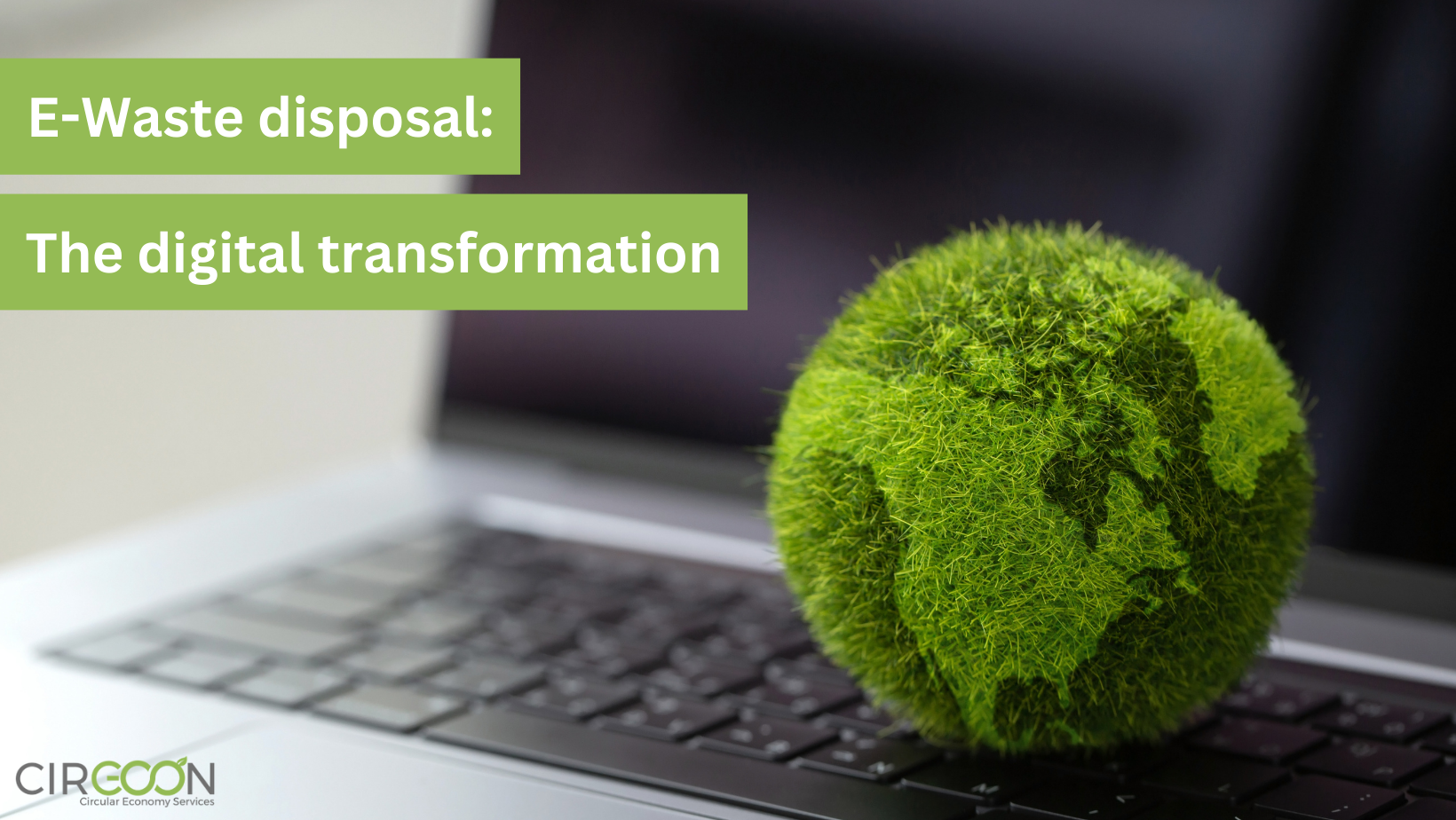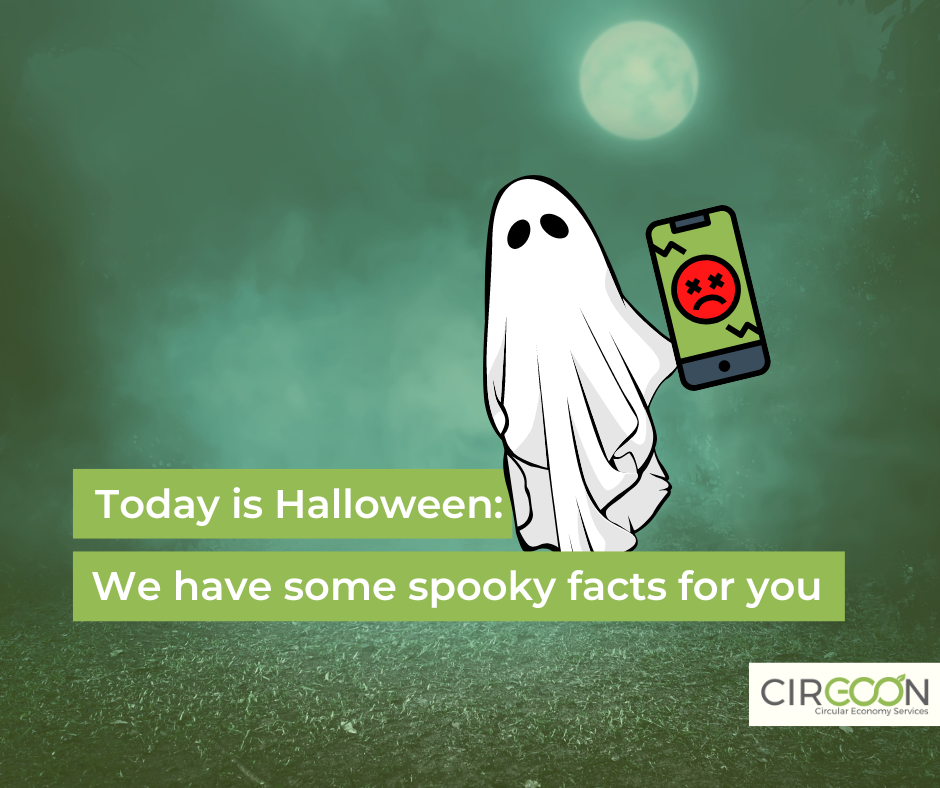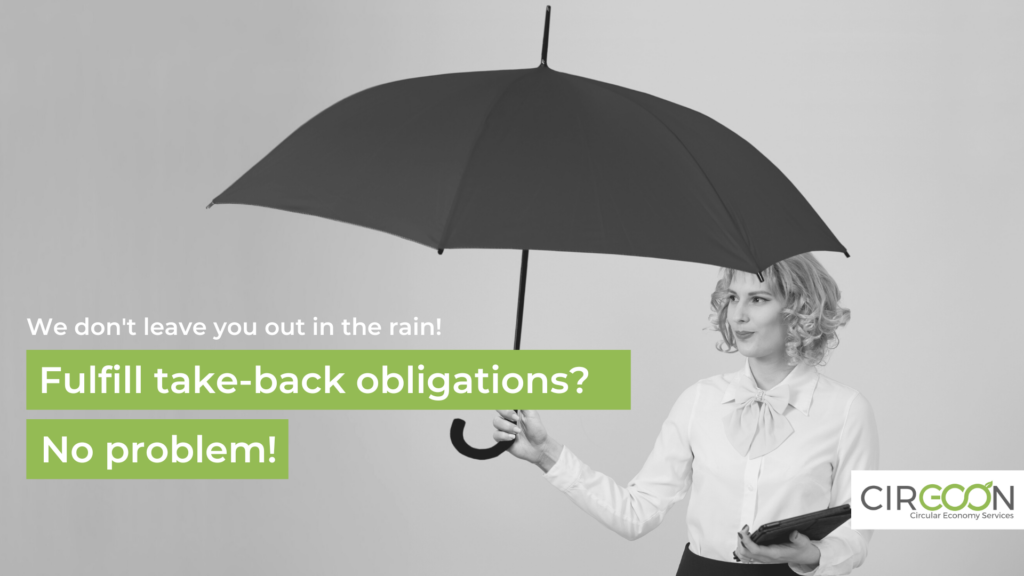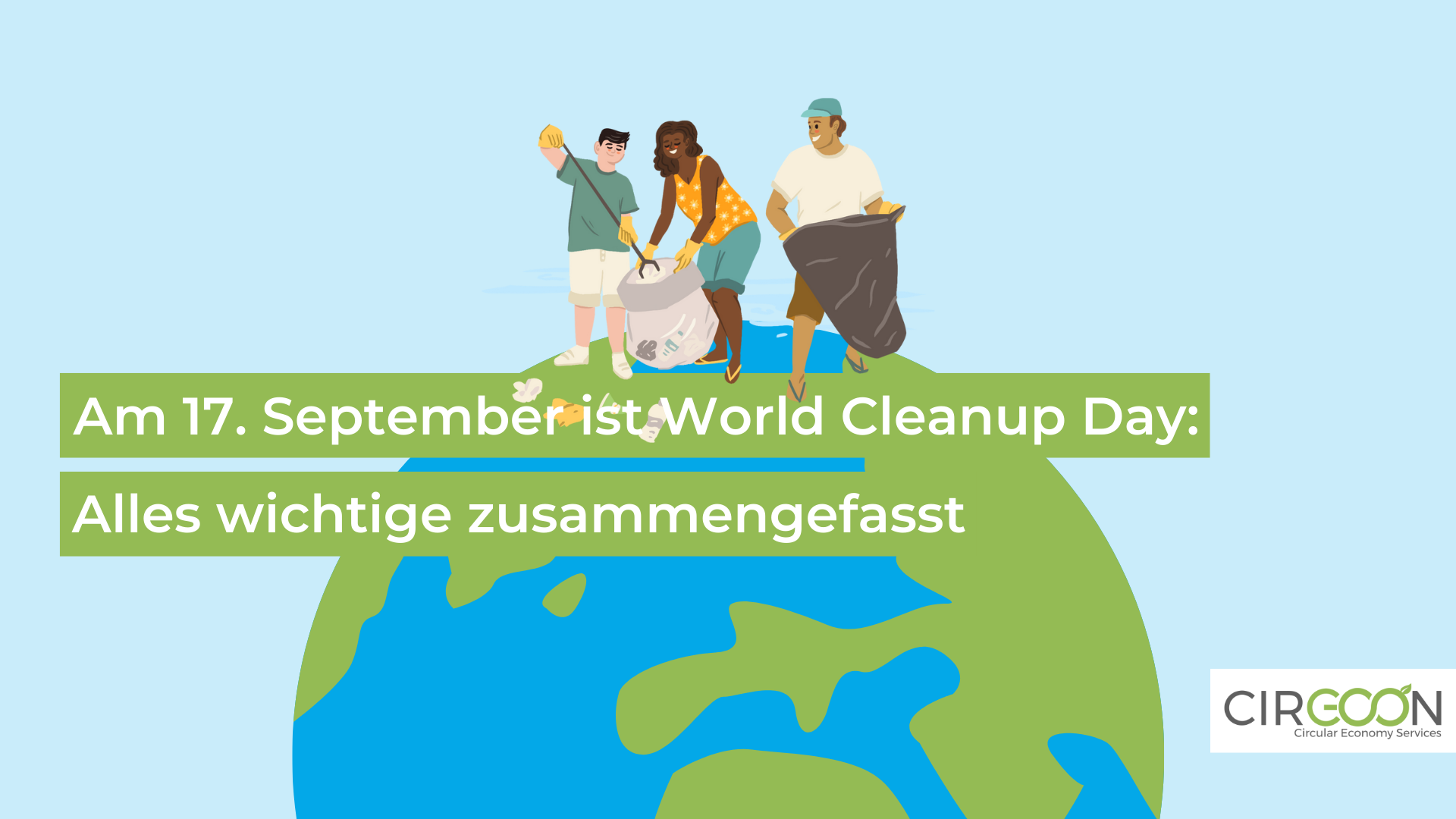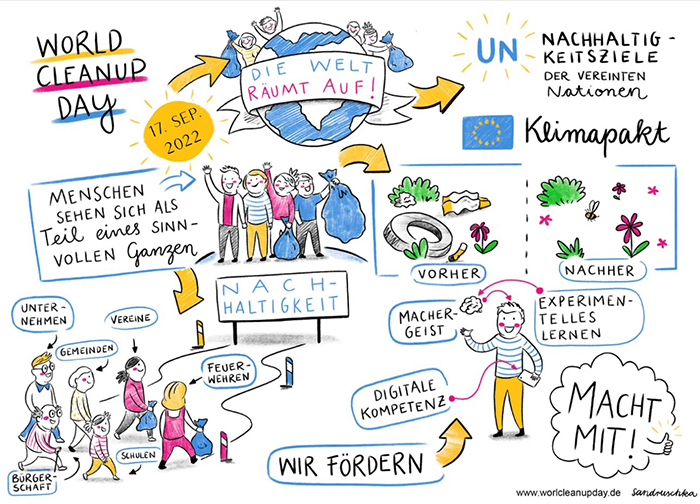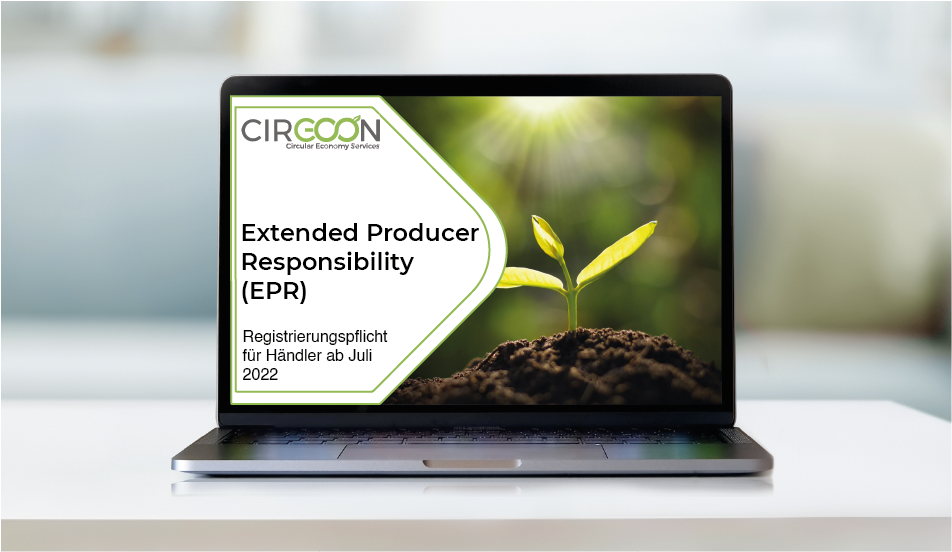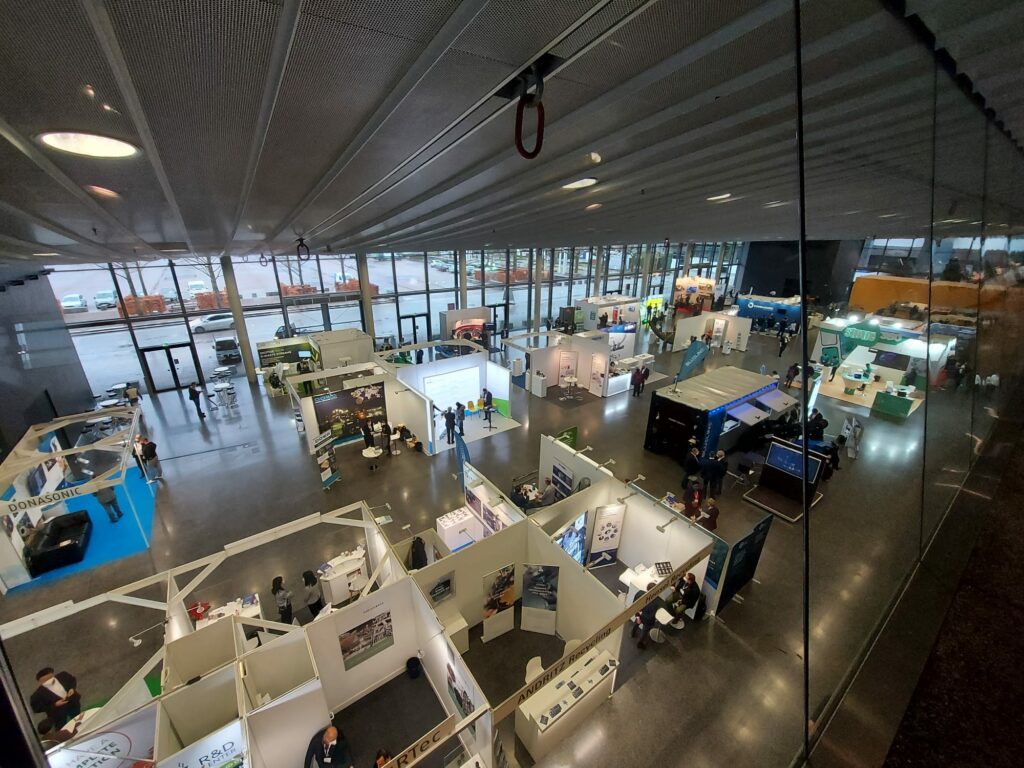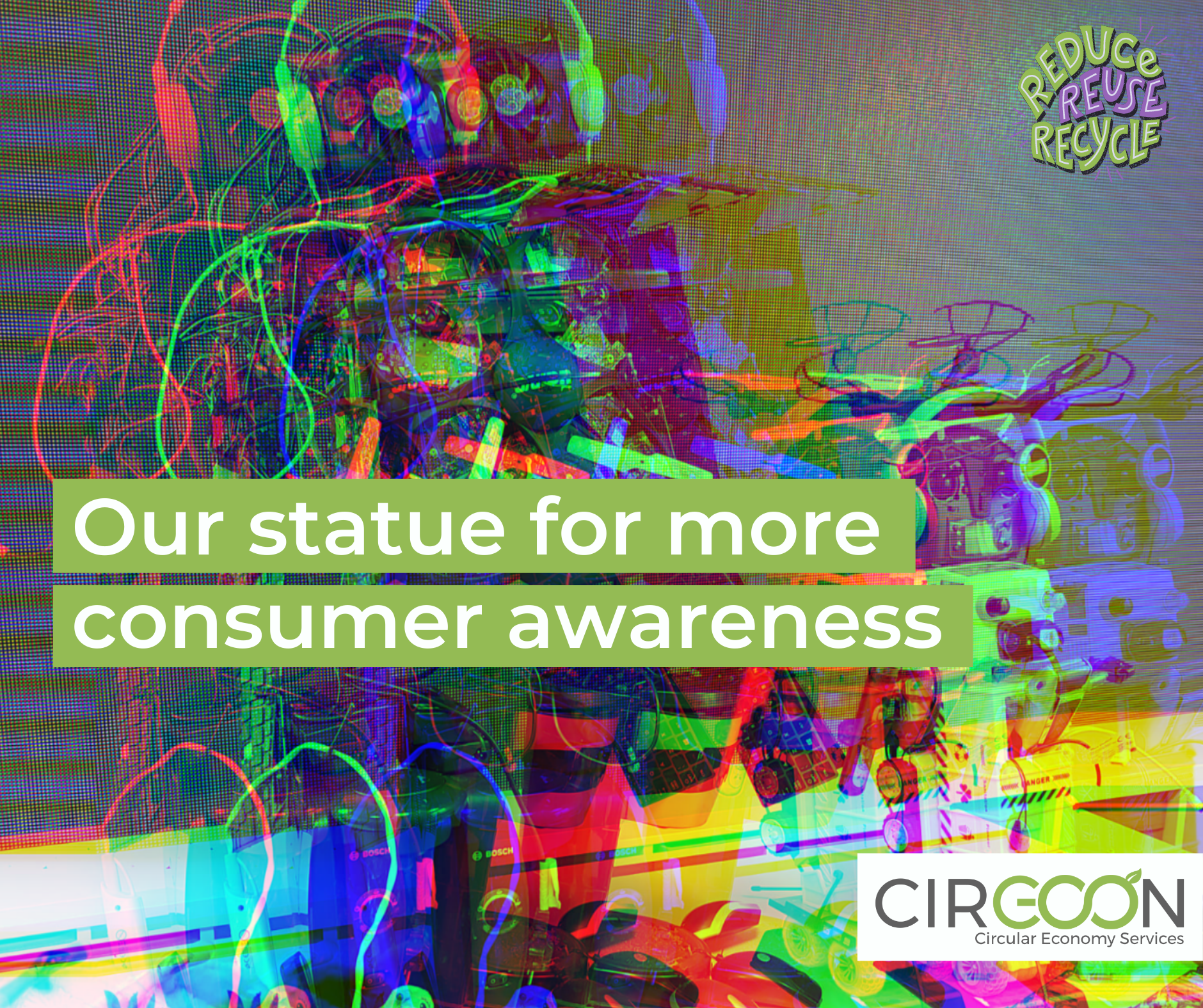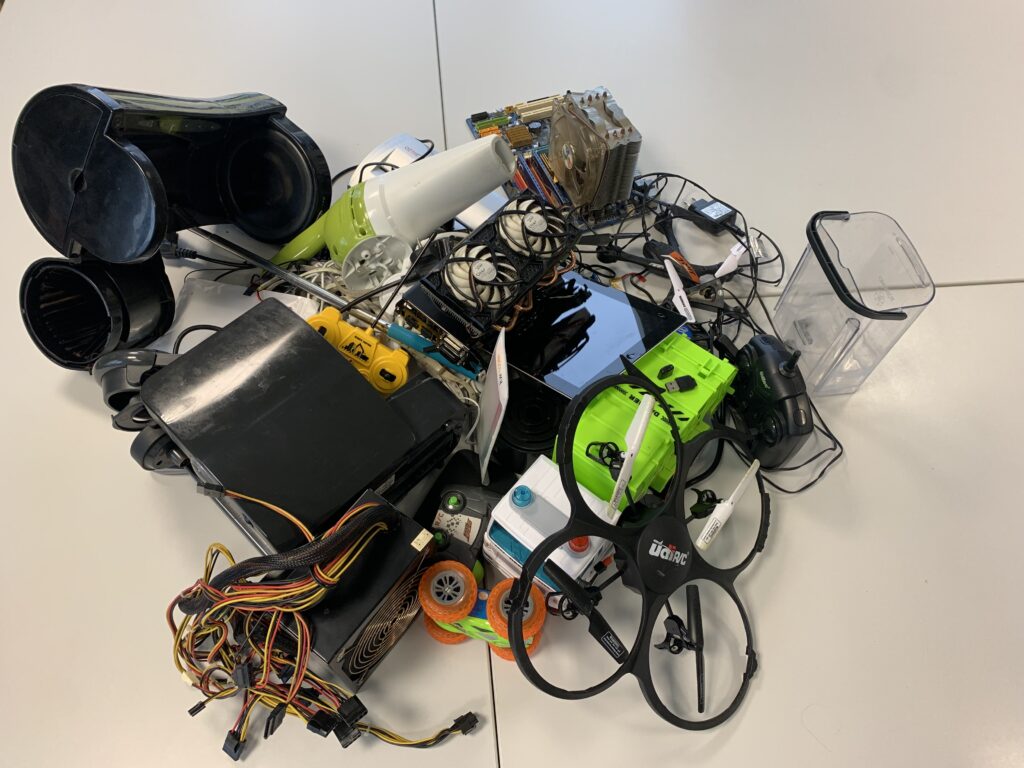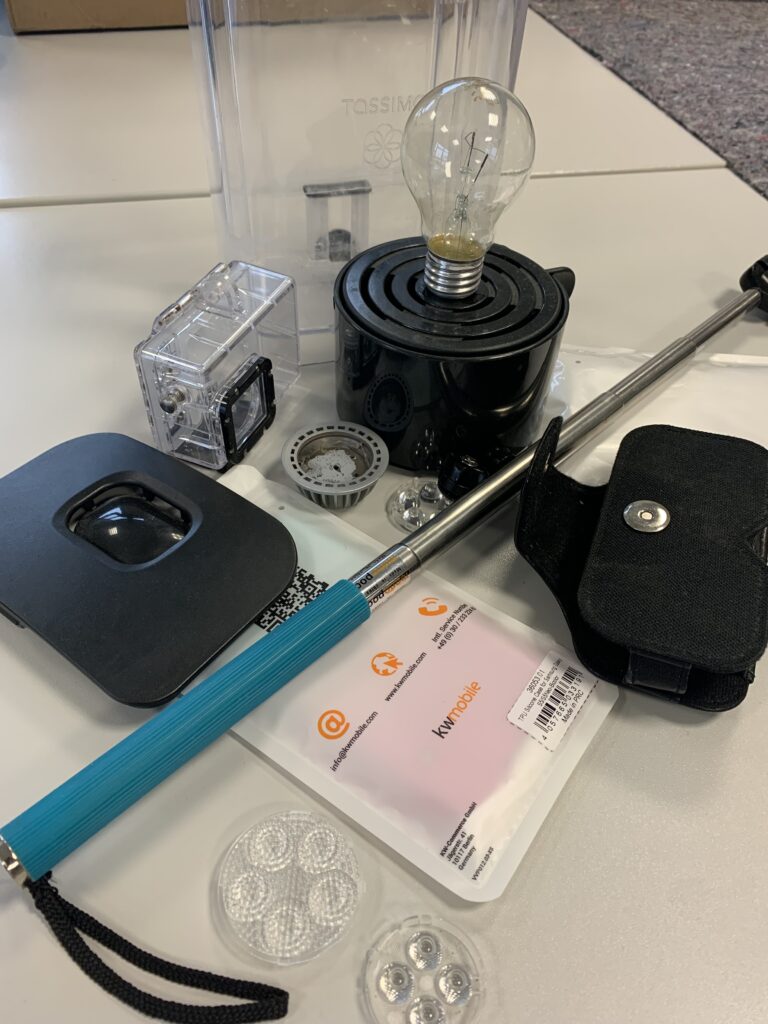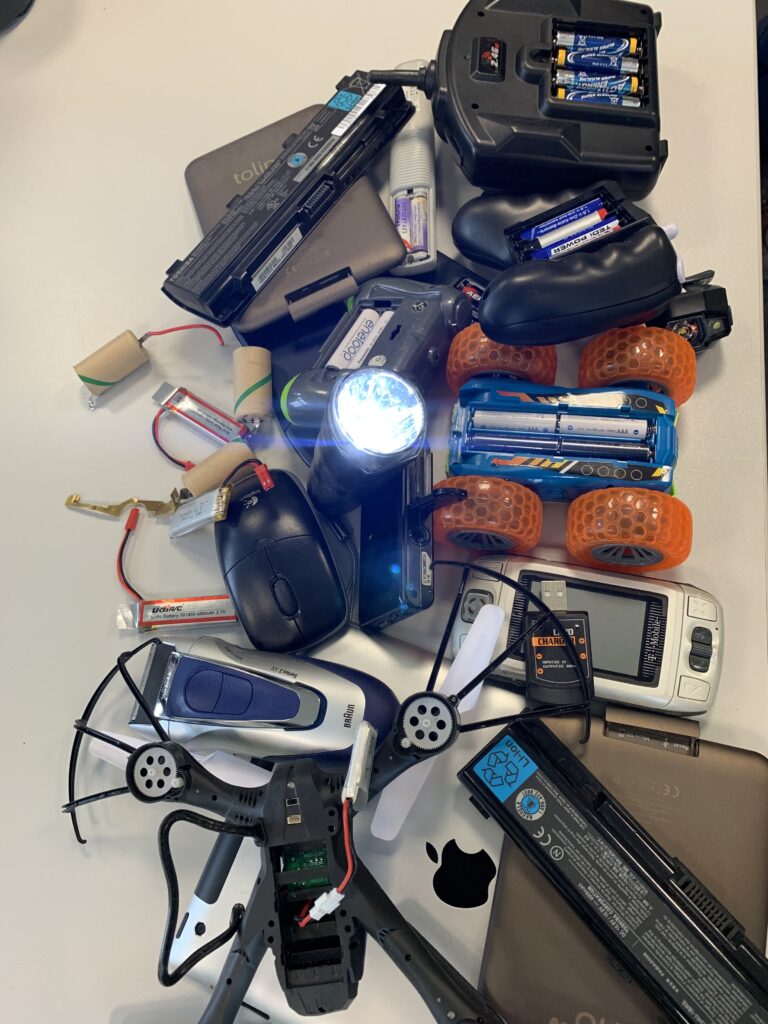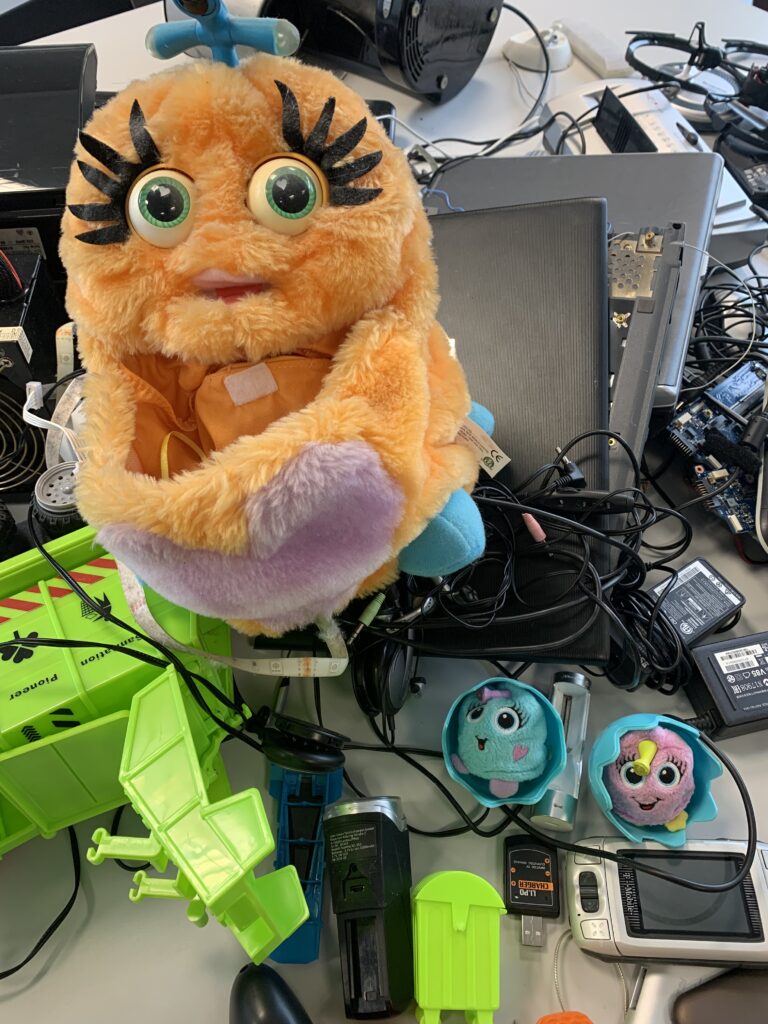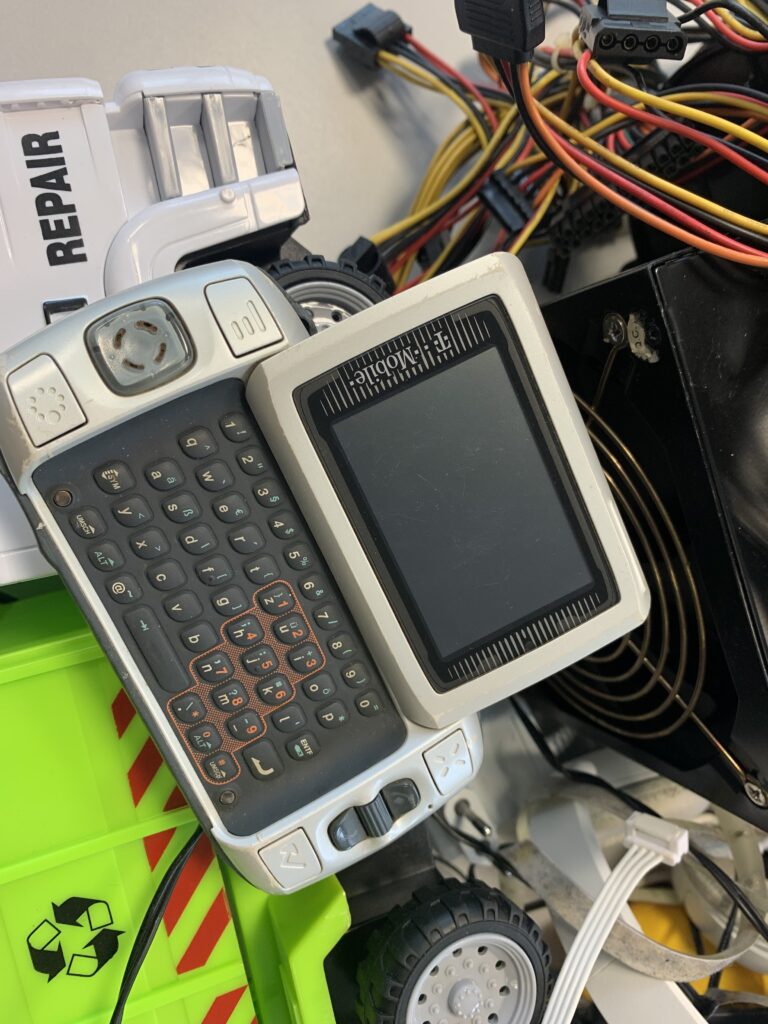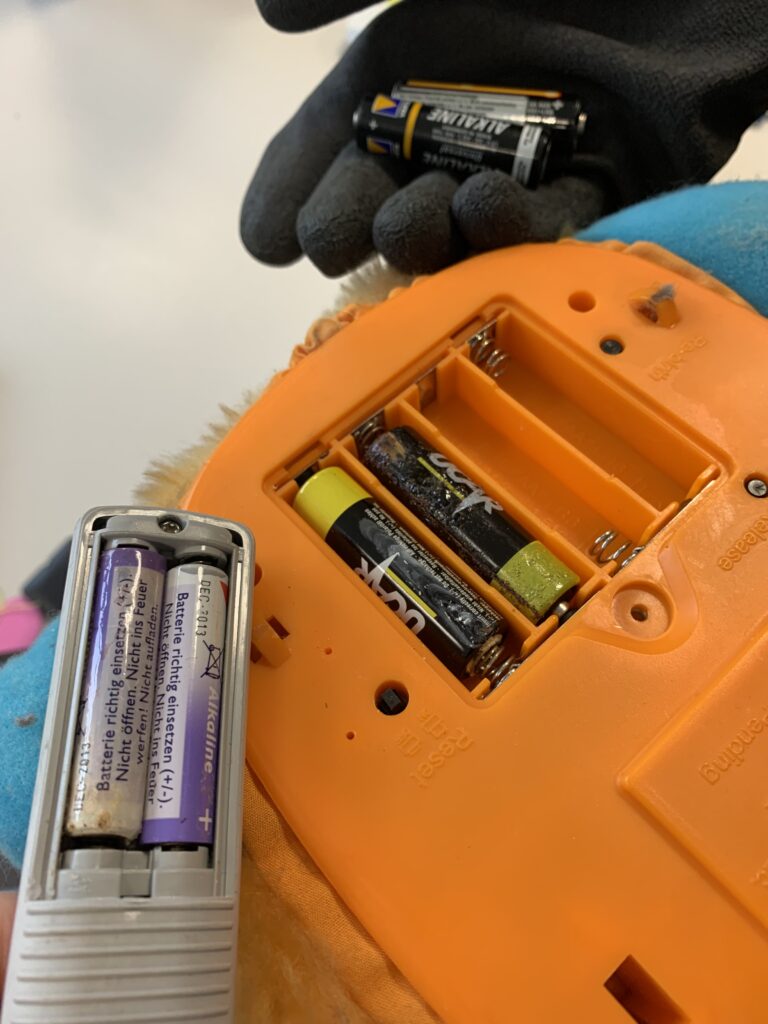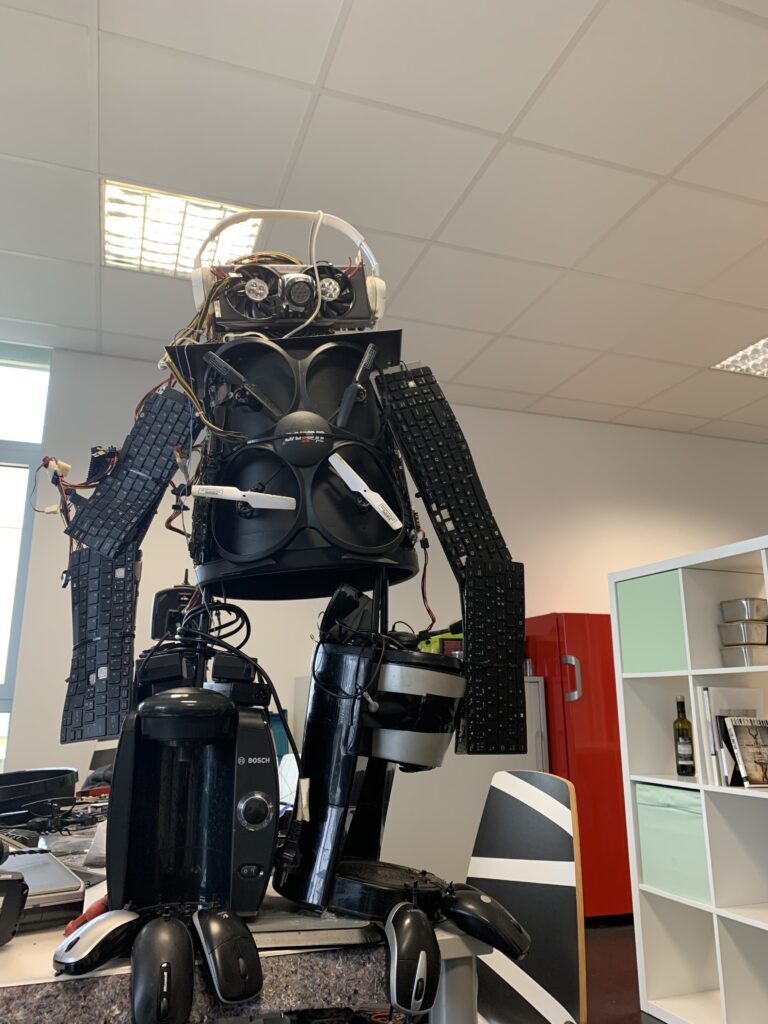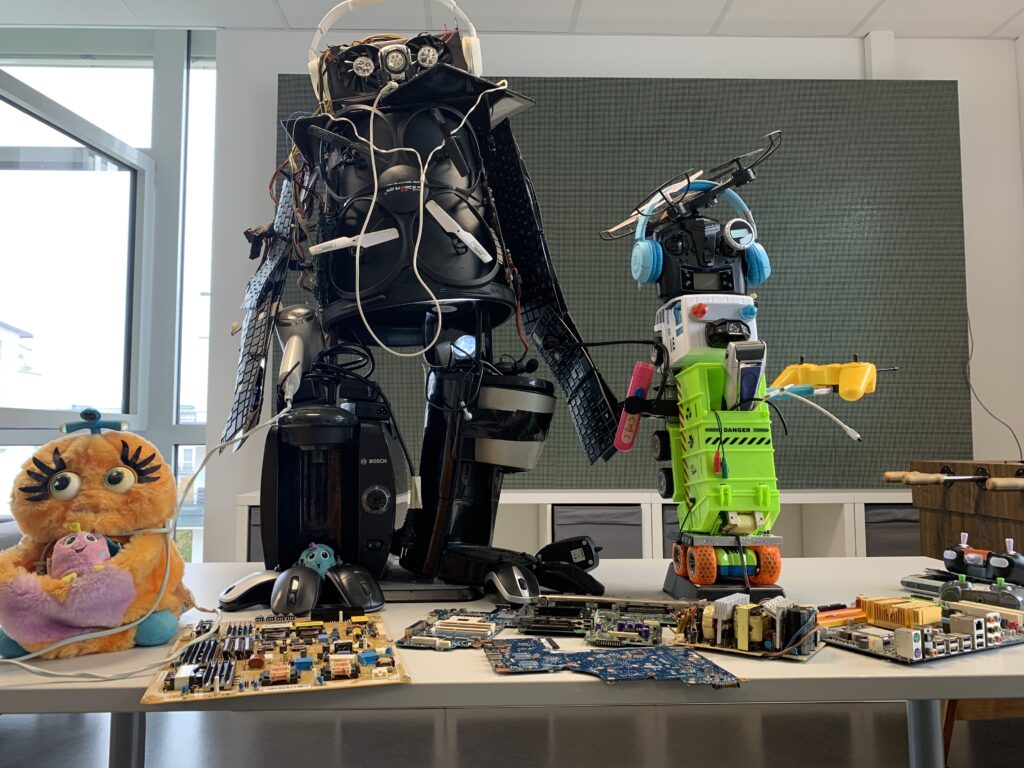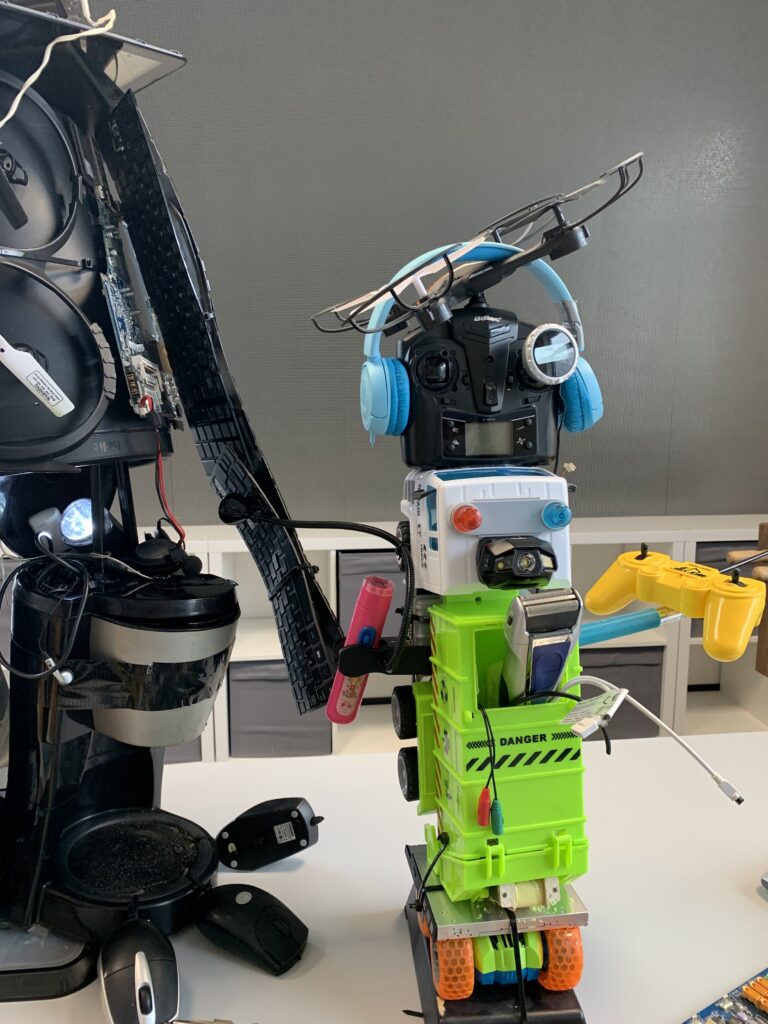As a company you always want to be up to date. By doing so, there will be many devices which are counted to EOL. This is the short term for „end of life“ and tells a person, that the device has reached the end of it´s life-cicle and must be disposed. But the question is what really happens with the old devices? Do big companies use concepts for disposing the electronic waste in an ecological way? Are consumer wishes being taken into account? These and many more questions are answered in this article.
Company policies for taking care of EOL devices
When the official EOL-date has been reached the actual manufacturer of the device doesn´t offer help, services or spare parts anymore. Still – the life-cicle of many devices has been reached earlier or indipendent of the set date. Then it is important to dispose the waste in a professionally, legally compliant and if possible ecological way.
Many companies collect e-waste in a courner of their cellar and there are no concepts in which the waste is being brought back into a life-cicle. The biggest problem is the lack in simplicity, transparency and data-security. Also refurbishing devices is rather critical. On the one hand in terms of sustainability it is a huge possibility of saving ressources and extending the life of the devices. On the other hand looking at data-security though it is more than questionalbe. Devices are only being restored and set back on default settings rather than the data being destroyed. Restoring the „deleted“ data is not a big challenge for professionals, which can lead to being a big weak point in terms of data-security for companies.
Digitalization can help here. A simple process from giving in an order to the waste being picked up. Transparency and documentation with the help of digital tools – without burdening the day to day business.
But how is the disposal managed in private sectors?
In Germany the electronic law (ElektroG) is an attempt of the european WEEE-guideline for regulating the placement on the market, the taking back and the disposal of elektronic waste. The current innovations of the german ElektroG is active since the January 1st 2022.
But are consumer wishes being taken into account? We have done a case study in which we compare the consumer wishes with the current regulations. The study shows that there is a fear of non existant data-security, which is one of the main arguments of hoarding e-waste.
The new law does bring possibilities like disposing e-waste in the supermarket or other primary treatment facilities but the ElektroG still expects a lot of individual responsibility in terms of deleting data. This is why people don´t just need information about the importance of returning e-waste back into the cycle. Also there must be more possibilities of giving the devices back and information about data-security.
The idea of expanding collection concepts
An easy and inexpensive way would be a clear, transparent seperation of electronic devices with and without data. This is our oppinion at Cirecon. Consumers would have the security, that their devies are being treated up to their expectations. Let´s take a notebook as an example. If it has data on it, the disk would be distroyed by being shreddered or by a certified deletion of data.
A way of expanding the seperation of e-waste is a variety of safe collectionboxes. These can already be used in supermarkets. This way there is no more work generated for recyclers, the raw materials are reused more efficiently and the consumers have their data secure. Data-security is growing importance in many sectors. From our view there is still a lot to do in the sector of e-waste disposal.
Digitalization can also help with transparent realtime processes and certified deletion of data. This way data-security can be guaranteed at any time in the future. Having success with this, a tool is needed which accompanies the whole disposal process right from the start. CIRIS – our reporting- and informationsystem for e-waste – makes this possible. The powerful and cloudbased tool offers a fully integrated solution. CIRIS makes it all possible: exact documentation for fulfilling legal requirements, the avaliability of realtime data for all waste streams, an overview of time and costs thanks to an automatic and simplified process. Test CIRIS now 30 days for free or contact us for more information.


